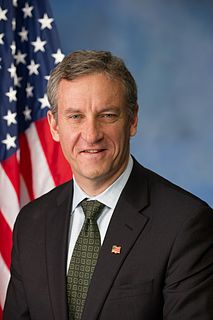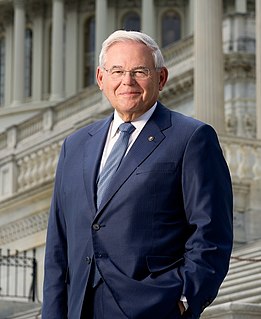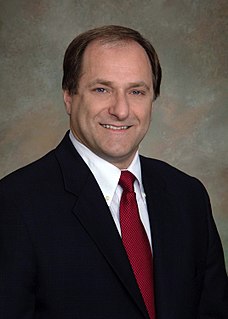A Quote by Matt Cartwright
Extreme weather threatens our energy and electric grid, federal buildings, transportation infrastructure, access to natural resources, public health, our relationships across the globe, and many other aspects of life.
Quote Topics
Related Quotes
The Environmental Protection Agency's first-ever limits on carbon pollution from power plants will create clean- energy jobs, improve public health, bring greater reliability to our electric power grid, bolster our national security, demonstrate the United States' resolve to combat climate change and maybe even reduce our utility bills.
We should be increasing our investment in the infrastructure for public safety and public health. But when we talk about those as two distinct and separate departments or budgetary items, we're missing out on the ways in which we should be most effectively using our resources and serving our residents.
Building a smarter grid has long been a key part of our government's plan to modernize our energy infrastructure and provide clean, reliable affordable power to consumers. By supporting Ryerson's Centre for Urban Energy we are building a whole new landscape for innovations that will be the backbone for our energy system for future generations.
There are consequences to our insatiable demands for energy and there are no easy answers for how to capture that energy safely. But even more pressing, since we are currently using nuclear power across the country and the globe, nuclear power plants must be regulated, and we need to be certain that our regulatory bodies are not compromised by their relationships with industry.


































